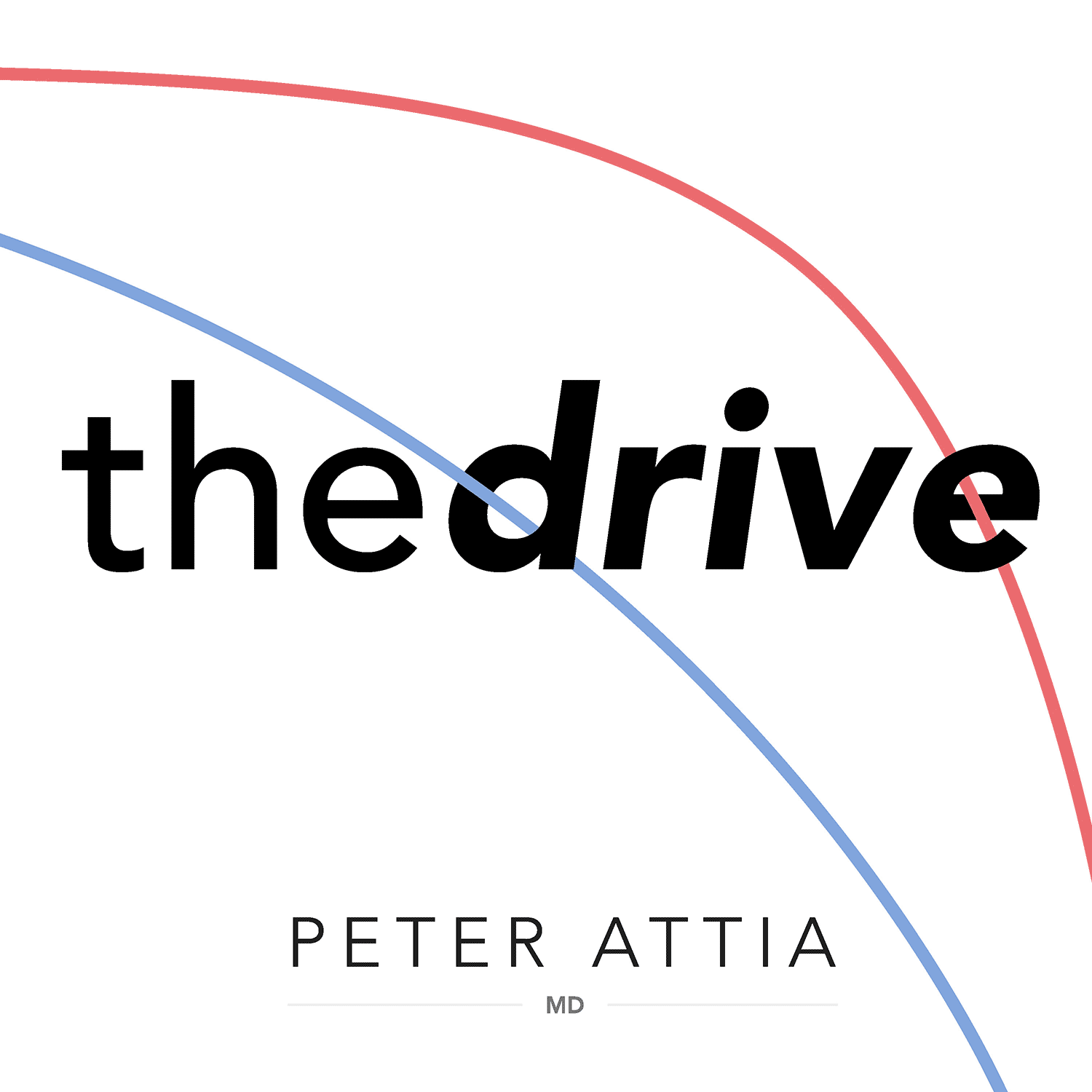Dr. Matthew Walker is a professor of neuroscience and psychology at University of California, Berkeley. He is the found and director of the Center of Human Sleep Science. He researches the impact of sleep of human functions on health and diseases.
The devices are good at estimating duration of sleep, but not the stage of sleep. They are good at detecting the two class algorithm-- total sleep time, awake or asleep. They fail at detecting the four class model-- whether someone is awake, in light or deep non-REM sleep, or in REM sleep.
You need to drop your core body temperature about 2 to 3 degrees to initiate sleep and to stay asleep. Carbs before bed will raise your core body temperature and make it more difficult to sleep. If you are hungry and need to eat before bed, lean more toward proteins and avoid simple sugars.
About 3 hours before bed. When you lie down, you’re more likely to experience acid reflux and have digestive issues. Also, you must be mindful of your core body temperature. Advice: Don’t go to bed too full, don’t go to bed too hungry.
Yes. Sleep profoundly helps exercise. Moderate to strong evidence agrees that exercise affects sleep because, you’ll have an increase in core body temperature. Hormones can work against you in terms of sleep. Your ability to sweat and perspire depends on how much sleep you get.
A fake starvation signal is transmitted to your brain. It will think the body is undergoing a starvation condition, but it isn't. Your brain releases an increase of hormones that makes you want to eat more, and your hunger level increases.
